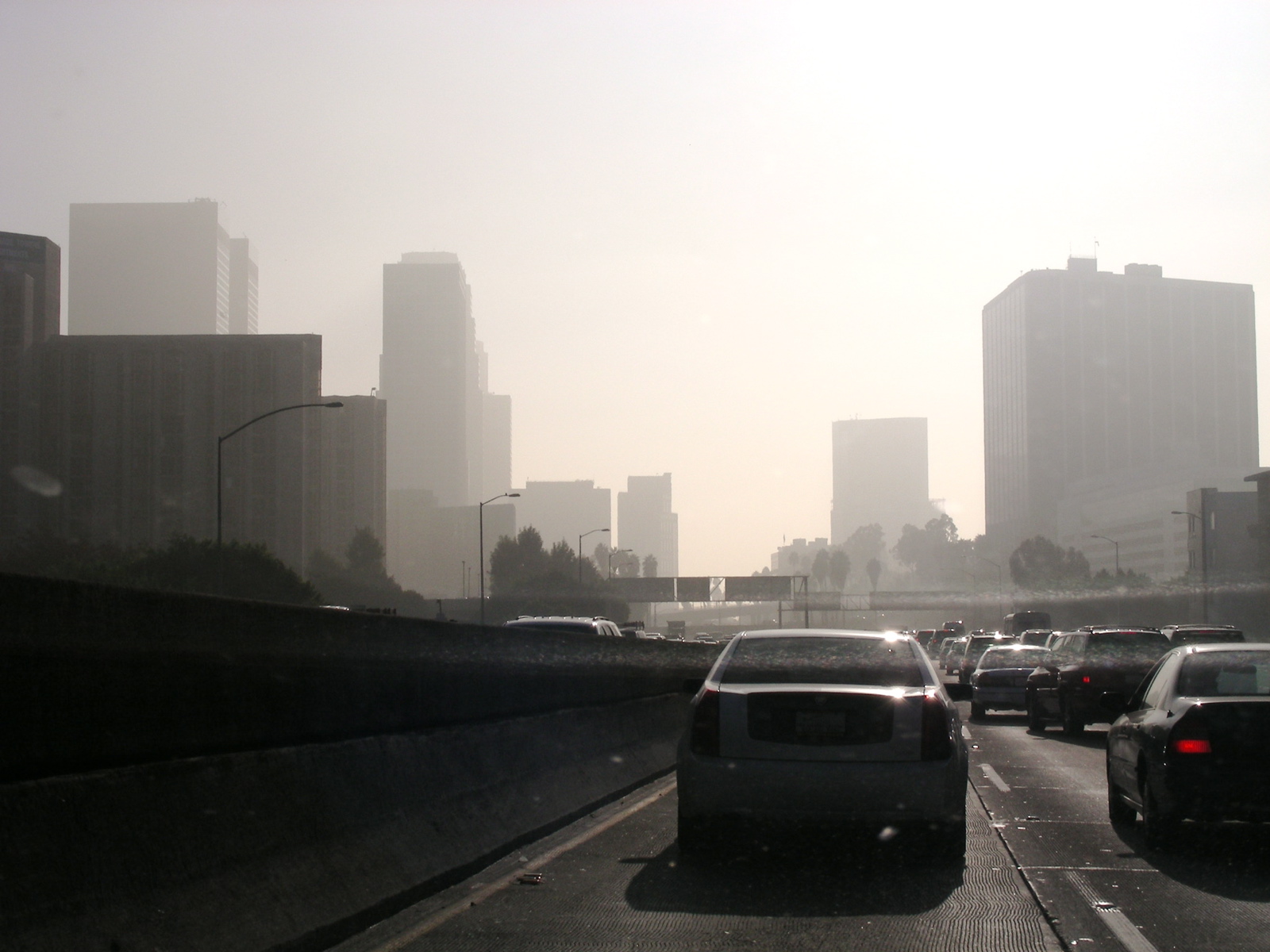Pollution & Health
CARB Seeks to Maintain Stringency of California’s Vehicle Standards
Emmett Institute submits public comment in support of CARB’s efforts
Back in the halcyon days of 2012 when EPA, NHTSA, California, and the automakers crafted a grand bargain to adopt national vehicle emission standards, California agreed that compliance with vehicle emission standards adopted at the federal level would be “deemed to comply” with California’s standards. Now, as it becomes clear that the federal government intends …
Continue reading “CARB Seeks to Maintain Stringency of California’s Vehicle Standards”
CONTINUE READINGPlastics and our Future
How to turn off the plastics spout?
Kudos to National Geographic for its stunner of an issue on plastics and the environmental harms they cause. As this latest report and many other recent stories make clear, we are drowning in plastics. Bits of plastic have been found in beer, in major brands of bottled water, in 75% of deep sea fish, in …
Continue reading “Plastics and our Future”
CONTINUE READINGAutomation Leads To Efficiency Gains But Job Losses At Southern California Port
Controversial issue to be discussed at upcoming UCLA conference on zero-emission freight at Southern California’s ports
Automation threatens to eliminate many manufacturing jobs around the world, as robots now perform factory line tasks that used to be done by humans. Now the technology is starting to be deployed through self-driving vehicles in places like ports, with similar results. It’s an issue we’ll discuss at the upcoming free UCLA/Berkeley Law conference on …
Continue reading “Automation Leads To Efficiency Gains But Job Losses At Southern California Port”
CONTINUE READINGCalifornia Supreme Court Ruling Represents Big Win for State Water Board–& California’s Environment
Justices Uphold Water Board’s “User Pays” Fee System Against Constitutional Attack
The California Supreme Court has handed the State Water Resources Control Board a major legal win, rejecting an industry challenge to the “user pays”-based system of funding the Board’s water pollution control system. In doing so, the Supreme Court has fended off yet another constitutional challenge to the manner in which environmental regulatory fees are …
CONTINUE READINGPruitt’s Utterly Opaque “Transparency” Proposal
Ironically, the proposal calling for greater transparency provides little clue into the agency’s thinking.
EPA recently issued a notice of proposed rulemaking entitled “Strengthening Transparency in Regulatory Science.” The proposal would prohibit the agency from considering studies of health risks unless enough data is made publicly available to allow EPA or industry to validate the results. That sounds fine, but these studies often involve either confidential health records or …
Continue reading “Pruitt’s Utterly Opaque “Transparency” Proposal”
CONTINUE READINGWhy California gets to write its own auto emissions standards: 5 questions answered
Authored by Nicholas Bryner and Meredith Hankins
Rush hour on the Hollywood Freeway, Los Angeles, September 9, 2016. AP Photo/Richard Vogel This article was originally published on The Conversation. Read the original article. Editor’s note: On April 2, Environmental Protection Agency Administrator Scott Pruitt announced that the Trump administration plans to revise tailpipe emissions standards negotiated by the Obama administration for motor …
CONTINUE READINGThe Ninth Circuit Court of Appeals’ Most Important Environmental Law Decisions of 2017
Constitutional Issues, Water Law, Native American Rights Dominate Court’s Environmental Docket
Happy New Year! As we move into 2018, let’s take a look back at the most significant environmental law decisions issued by the U.S. Court of Appeals for the Ninth Circuit in 2017. Conventional wisdom is that the second most important federal court in the nation (after the U.S. Supreme Court) is the D.C. Circuit …
CONTINUE READINGWetlands, WOTUS and California
California Regulators Can and Should Adopt Strong State Wetlands Protection Rules
For the past year, an overriding concern of many Californians has been whether and how state legislators and regulators can fill the environmental law and policy gap left by a Trump Administration that is in the process of reversing a host of Obama-era environmental rules and that has otherwise largely abandoned the field of environmental …
Continue reading “Wetlands, WOTUS and California”
CONTINUE READINGThe Top 10 Things to Be Thankful For (Environmental Version)
It hasn’t been a good year, to say the least. But there are some things to be thankful for.
Overall, it’s been a pretty lousy year since last Thanksgiving. If you care about the environment, there are a lot of things NOT to be thankful for, or rather one big thing in the form of He Who Must Not Be Named. But there are also some things for which we should feel thankful, many of …
Continue reading “The Top 10 Things to Be Thankful For (Environmental Version)”
CONTINUE READINGEnvironmental Law Professors File Amicus Brief in Defense of Technology-Forcing in the California Supreme Court
Professors oppose efforts to limit the Legislature’s authority to enact laws protecting the public health and safety of CA residents
My colleague Sean Hecht and I, along with eleven other California environmental law professors, filed an amicus brief in the California Supreme Court this week in support of the California Legislature’s authority to enact technology-forcing statutes. The underlying case, National Shooting Sports Foundation, Inc., et al. v. State of California, involves a gun control law …
CONTINUE READING











